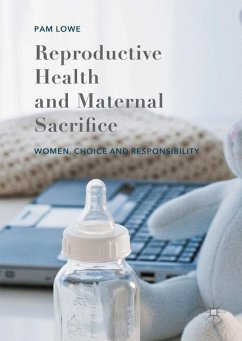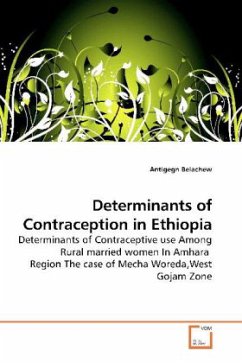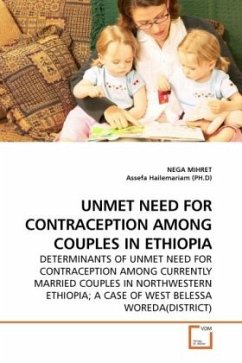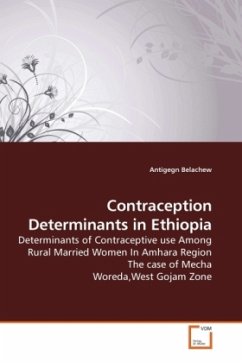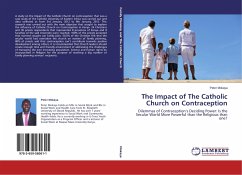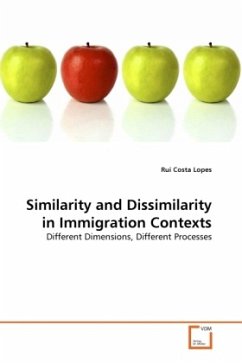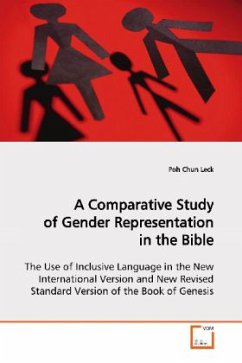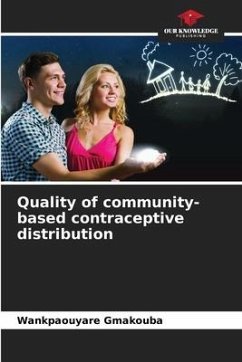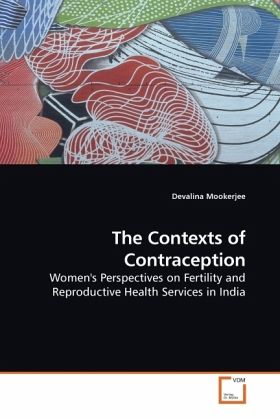
The Contexts of Contraception
Women's Perspectives on Fertility and Reproductive Health Services in India
Versandkostenfrei!
Versandfertig in 6-10 Tagen
52,99 €
inkl. MwSt.

PAYBACK Punkte
26 °P sammeln!
This work points to the lack of inclusion of marginalized women user s perspectives in the government subsidized family planning system in West Bengal, India. It attempts to address this gap through qualitative research conducted in Post-Partum clinics in the state sponsored healthcare system. Contending that the historical and socio-cultural contexts of fertility related decision making - factors such as education, awareness, social access, and the ability to negotiate competing pressures - have a significant role to play in this domain of women's lives, it compares the claims of policy with ...
This work points to the lack of inclusion of marginalized women user s perspectives in the government subsidized family planning system in West Bengal, India. It attempts to address this gap through qualitative research conducted in Post-Partum clinics in the state sponsored healthcare system. Contending that the historical and socio-cultural contexts of fertility related decision making - factors such as education, awareness, social access, and the ability to negotiate competing pressures - have a significant role to play in this domain of women's lives, it compares the claims of policy with the reality of women's experiences. Within a discussion of the why, what, when and how of women's interactions with the system that they must use, this work presents an argument for the need to include user perspectives in the creation of reproduction related policy, technology and services.



